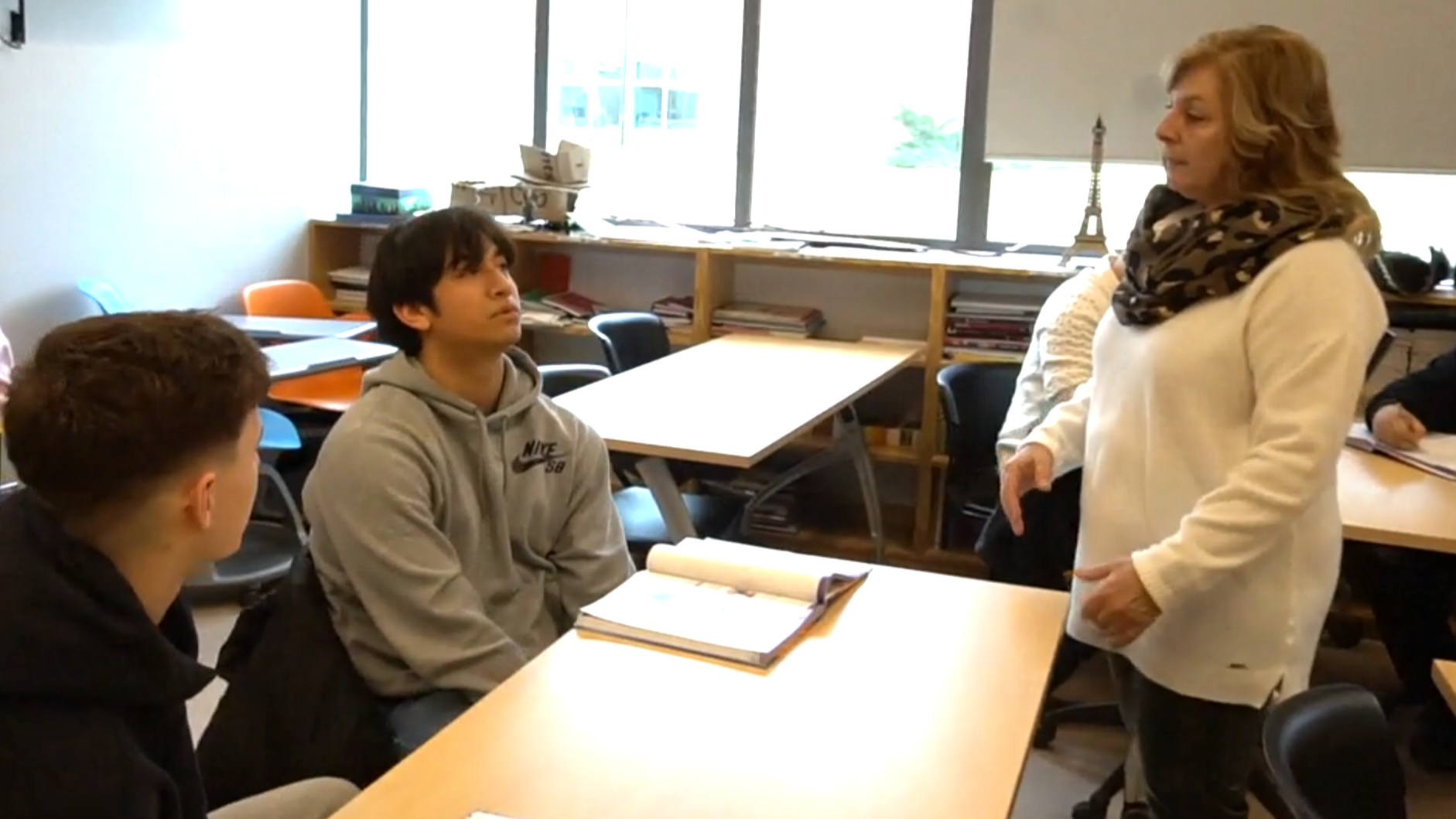
Language and culture are two sides of the same coin, and the Modern Languages program at TRU aims to teach students languages and helps them understand culture. TRU currently offers three languages, Spanish, Japanese, and French. While first-year language classes are consistent in student enrollment, much of that has to do with different programs’ learning objectives, which typically require a first-year language. This requirement, however, generally means lower enrollment in upper-level classes. So much so that certain languages haven’t been offered in a second-year course since before the pandemic.
” The biggest challenge is the accessibility to Google Translate, ChatGPT, (etc.), the value of actually learning a second language has decreased.”
Josey Fischer
Despite these challenges, the Modern Languages Program remains a vital part of the academic offerings at TRU. Instructors are adamant that learning a second, third, or beyond language is so much more valuable than just meeting requirements for a degree. Languages provide learners with the opportunities to learn new cultures and develop understanding that they might otherwise miss out on. Learning a new language is especially important to students in Canada, and indeed North America as international students coming into the country will generally know two, three, and in some cases, even more languages. According to Japanese Instructor Cara Cadre, these international students have a leg up on the competition simply because they know more than just the one language.
“… You can’t separate language from culture. … An understanding about other cultures, I think, is extremely important.”
Cara Cadre
The COVID-19 pandemic presented unique difficulties to the program, as language learning relies heavily on interaction, practice and immersion – all of which are significantly harder to acheive when classes were moved online. Without any kind of proctoring it was extremely difficult, if not outright impossible, to maintain academic integrity. There was no way to know if a student was actually taking assignments or tests by themselves. Not to mention the lack of in-person engagement which makes for a truly challenging hurdle for students to stay motivated and connected. Despite the many challenges, faculty adapted and according to Josey, this year was the first since the pandemic that felt normal.
TRU’s Modern Languages faculty remain hopeful for the program’s future. They fully believe that the lessons students learn while taking language classes, such as empathy, critical thinking and cultural awareness will prepare them for success in the future, be it in their personal or professional lives. The Modern Languages Program continues to inspire and prepare students for an increasingly globalized world.
“… Knowing another language contributes to …a more multi-faceted personality, a more multi-faceted attitude of acceptance or curiosity…”
Josey Fischer